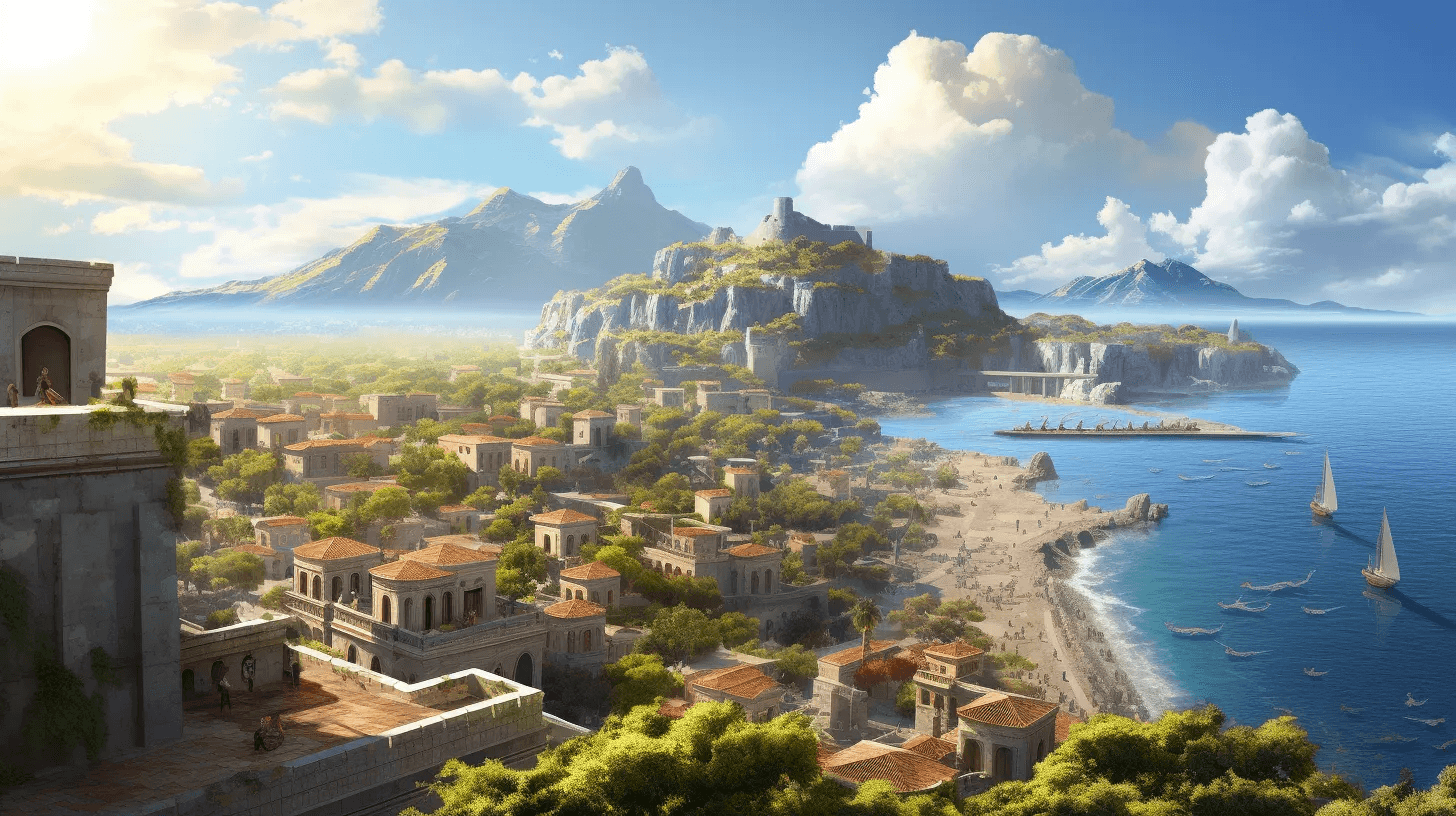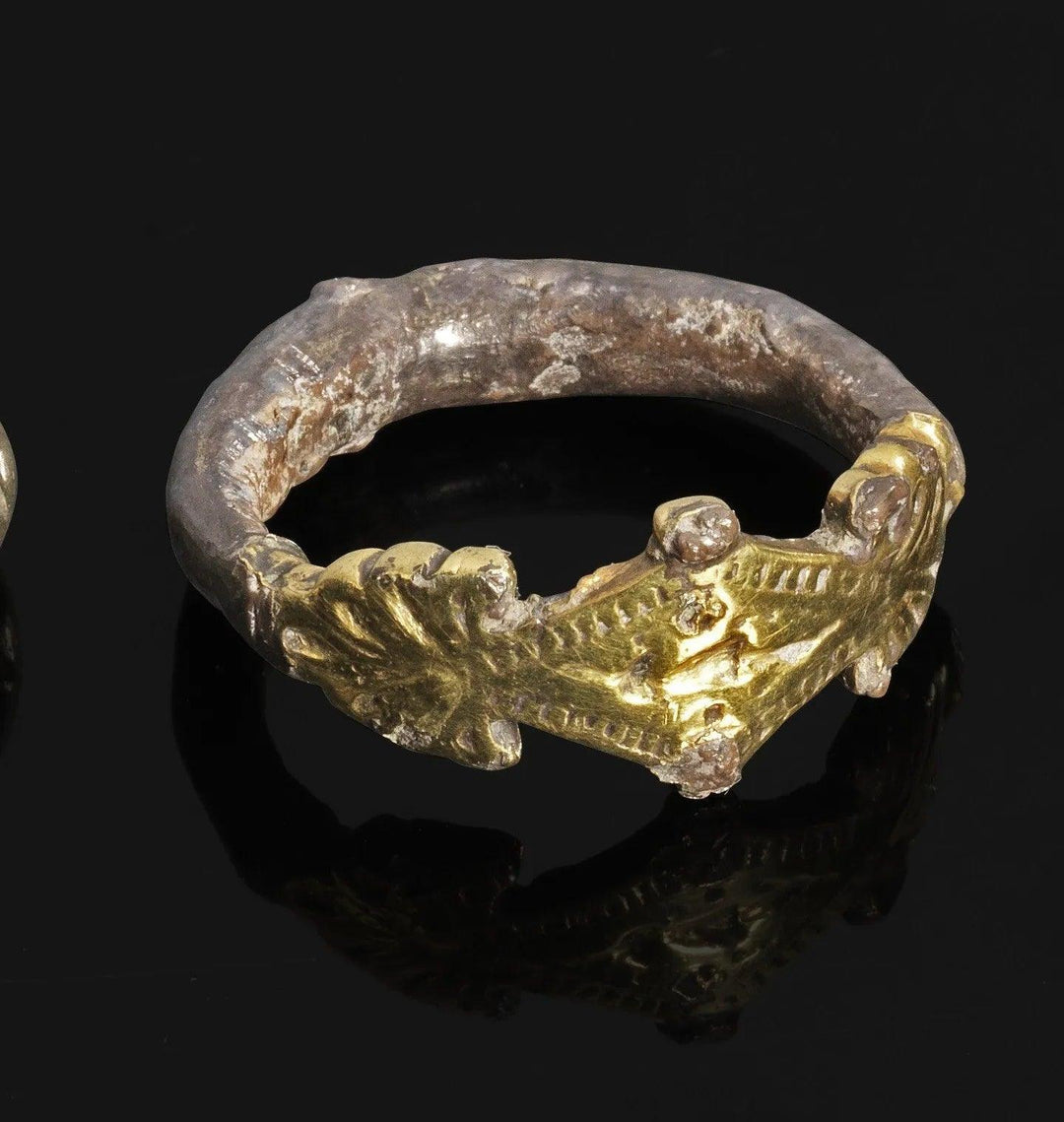
Archaic Greece: Dawn of the Classical World (700BCE - 480BCE)
Explore our collection of genuine artifacts from the Archaic Period of Ancient Greece. Witness the formative years of a civilization that would shape the course of Western history, art, and thought.
The Archaic Period of Ancient Greece - a transformative era that bridged the gap between the mysterious Mycenaean age and the brilliance of Classical Greece. This was a time of burgeoning city-states, monumental sculptures, and the birth of democracy.
Key Contributions:
- Sculpture and Art: The Archaic Period saw the emergence of the 'kouros' and 'kore' statues, free-standing figures that showcased the Greek fascination with the human form.
- Colonization: As city-states grew, the Greeks ventured beyond the Aegean, establishing colonies in places like Italy, Sicily, and the Black Sea region.
- Literature: This era birthed some of the earliest Greek literature, including the works of poets like Sappho and Alcaeus.
- Political Evolution: The foundations of democracy were laid during this period, especially in city-states like Athens, with the introduction of reforms by figures like Solon.
Regions: The Archaic Period saw the rise and consolidation of various Greek city-states and regions:
- Athens: Emerging as a significant power, it underwent political and social reforms.
- Sparta: The militaristic state in the Peloponnese established its unique way of life and governance.
- Ionia: The cities on the western coast of Asia Minor (modern-day Turkey) were centers of trade, culture, and philosophical thought.
- Corinth and Thebes: Important city-states that played significant roles in trade and politics.
Valued Materials: The Greeks of the Archaic Period, with their evolving artistic and cultural sensibilities, cherished various materials:
- Marble: Used extensively for sculptures, temples, and architectural elements.
- Bronze: Employed for statues, weapons, and everyday items.
- Terracotta: Widely used for pottery, which often depicted scenes from mythology and daily life.
- Gold: Used in jewelry, coins, and as offerings to the gods.
Relevant Time Periods: The Archaic Period of Ancient Greece spans several centuries, marked by distinct phases of development:
- Early Archaic (c. 700–600 BC): Post-Dark Ages revival, establishment of city-states, and the beginning of colonization.
- Middle Archaic (c. 600–530 BC): Expansion of trade, colonization, and the emergence of tyrants in many city-states.
- Late Archaic (c. 530–480 BC): Political reforms, the Persian Wars' onset, and the transition to the Classical Period.
Step into our curated collection of Archaic Greek artifacts, each echoing tales of heroes, poets, and the early philosophers. From intricately painted vases to marble statues capturing the human essence, immerse yourself in the dawn of the Classical world.




